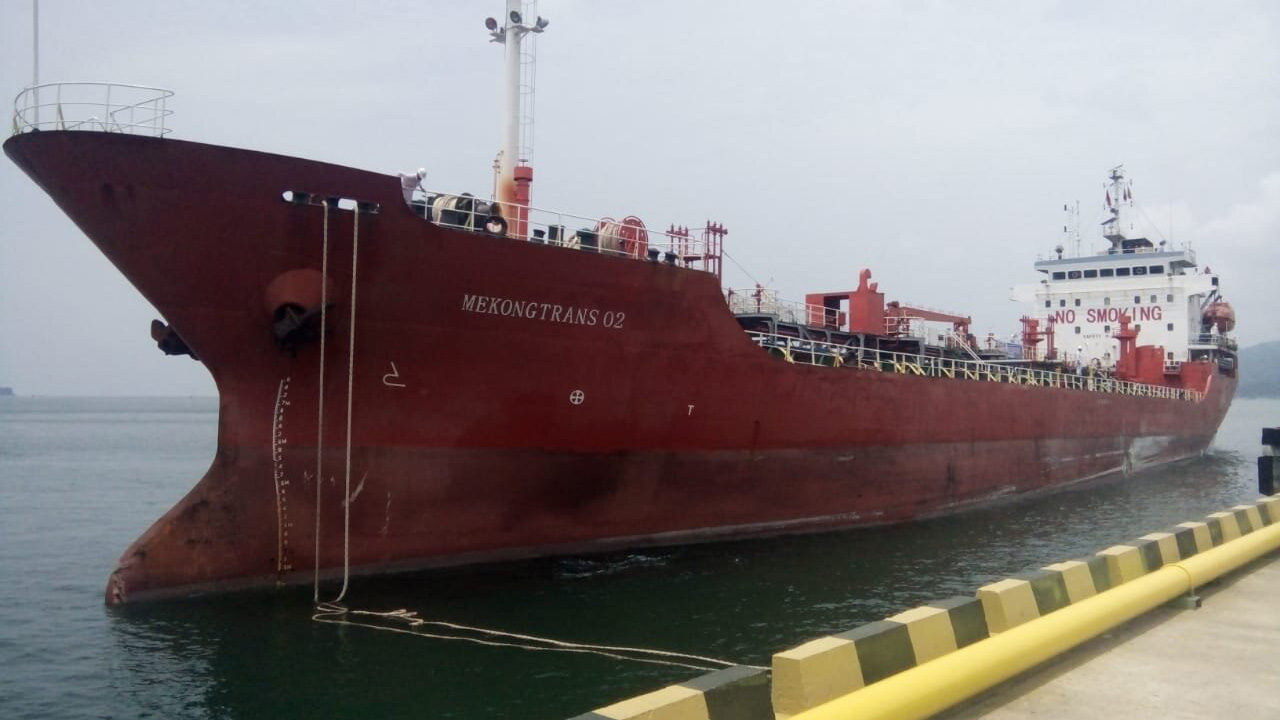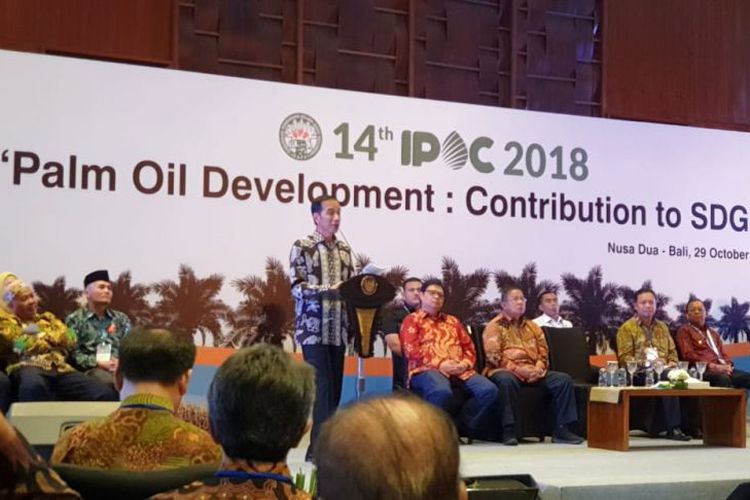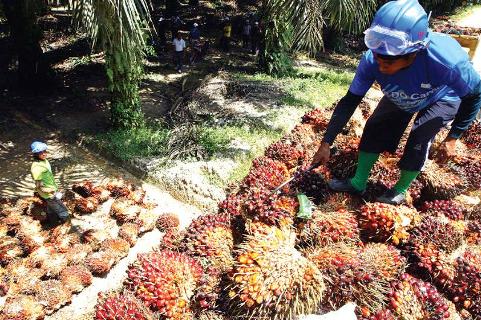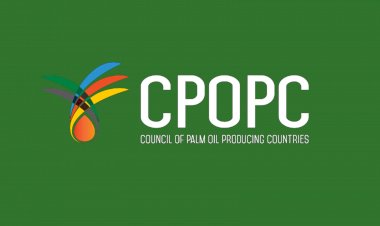Policy Change on Import Duties Pushes Palm Oil Export to India
JAKARTA—India’s policy to reduce import duties on Indonesian processed palm oil to 45% has risen Indonesia’s shipment to India.

JAKARTA—India’s policy to reduce import duties on Indonesian processed palm oil to 45% has risen Indonesia’s shipment to India. The policy has brought about parity with imports from Malaysia. Indonesian Palm Oil Association (Gapki) recorded that Indonesian shipment of CPO and its derivatives to the world`s largest edible oils market on September 2019 rose 5% from August to 481.000 tons. Gapki’s Executive Director Mukti Sardjono said that around 26 million tons of total production in January-September 2019 of around 36 million tons were exported. Indonesia’s total export of CPO and its derivatives on September stood at 3,26 million tons, rose 4% from August of 2,89 million tons. “Export of all products increased, except biodiesel and lauric oil. Biodiesel export to several countries like China, South East Asia, and East Asia suffered declines,” Mukti said on press release, Wednesday (20/11/2019). Mukti added that China is still the largest market for Indonesia’s palm oil products despite the declining export on September. In January-September 2019, export to China reached 4,8 million tons. Meanwhile, total export to the European Union stood at 4 million tons, to South East Asian and East Asian countries excluding China at 3,8 million tons, to African countries 3,7 million tons, and to India reached 3,3 million tons. For September 2019 only, African countries has become a primary market with total volume stood at 687.000 tons followed by China at 560.000 tons, India 481.000 tons, and European Union 315.000 tons. Gapki also recorded that palm oil output until September 2019 stood at 36 million tons, 13% higher than same period last year. Compared to previous month, September’s output was down 2%. Some provinces like North Sumatera, Central Kalimantan, and Jambi suffered declining production during September 2019. **


































